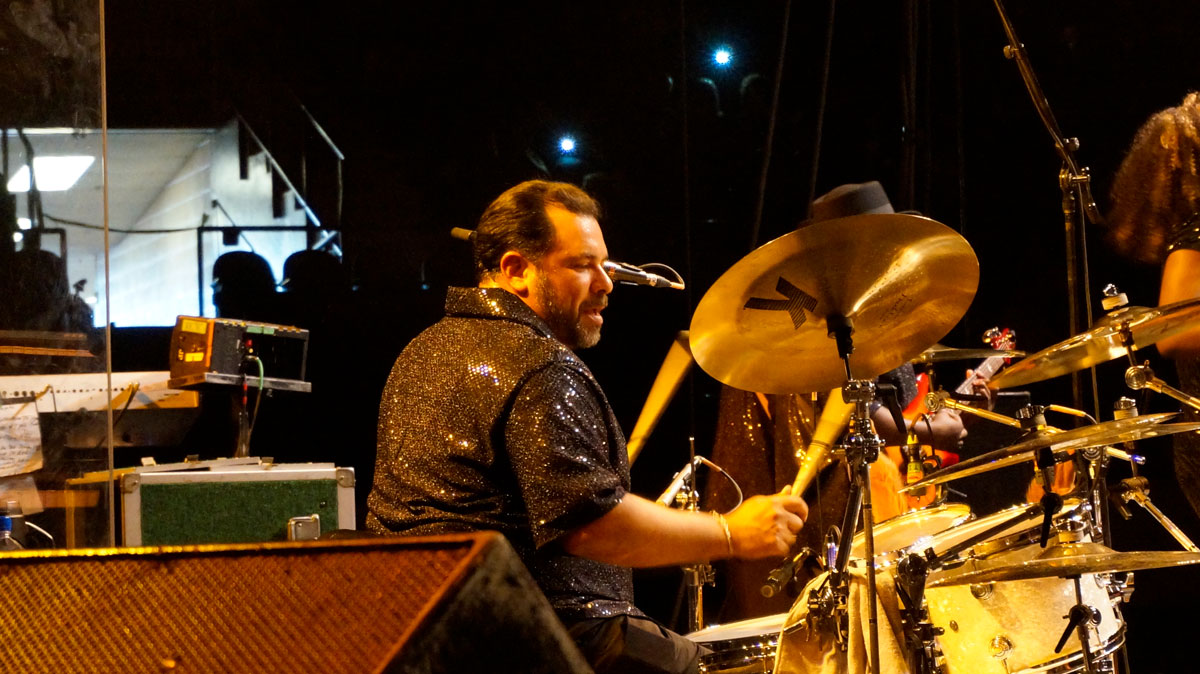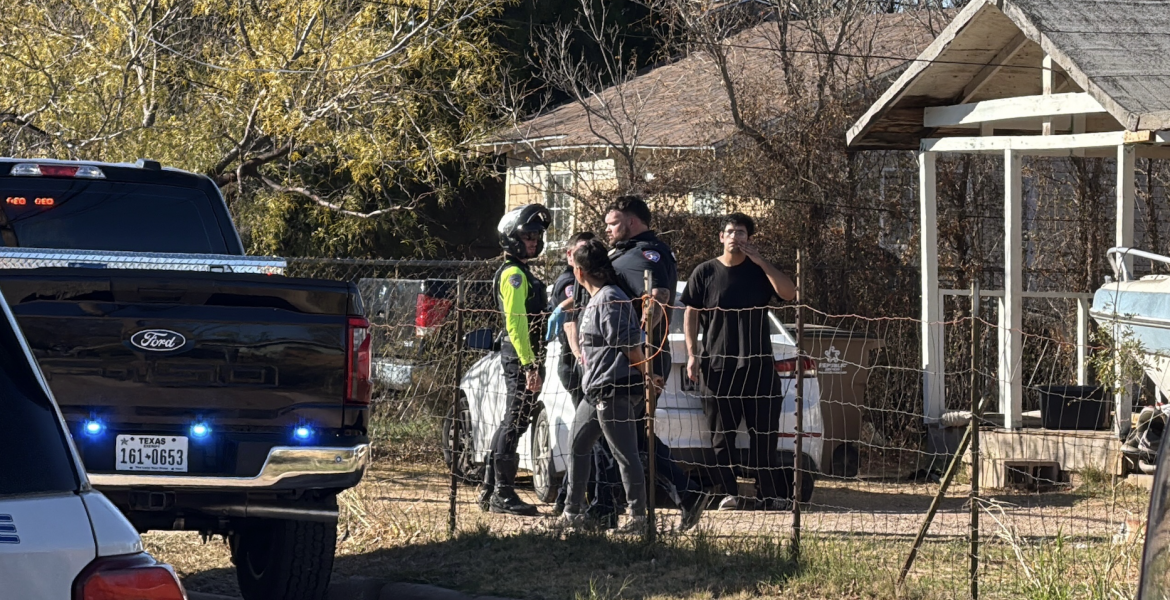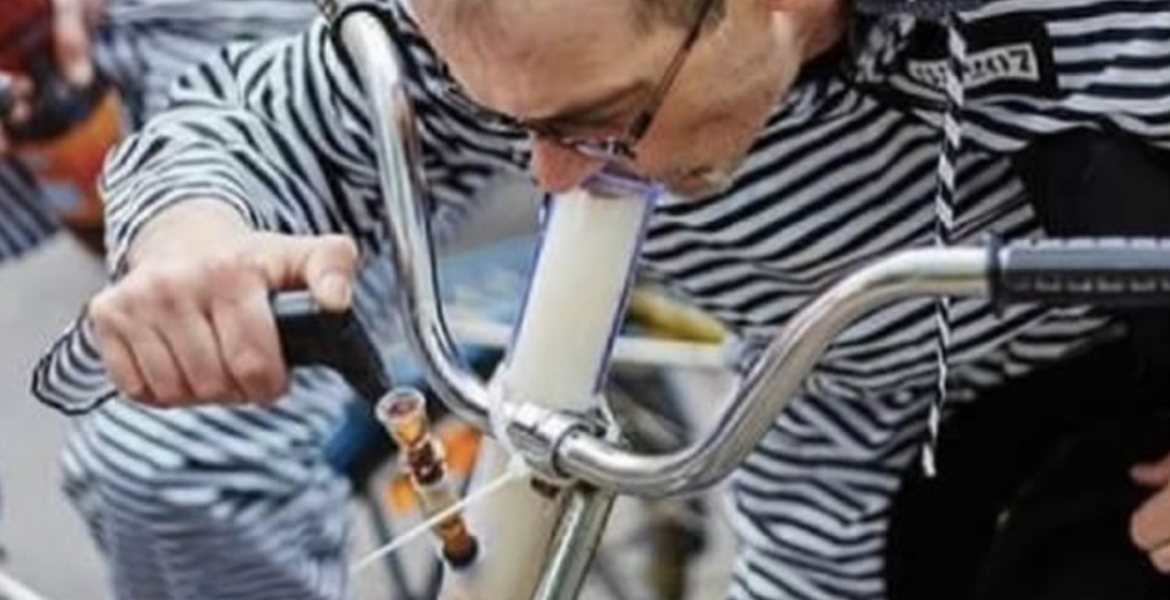NEW ORLEANS, LA — Former Police Chief Tim Vasquez sits in federal prison today serving a 15.5-year sentence for bribery from the public safety radio vendor of the City of San Angelo, Dailey and Wells. The jury was convinced that Dailey and Wells paid Vasquez $84,000 and then $50,000 more over a decade in return for his advocacy of having Dailey and Wells install the Harris radio system that the City uses to this day.
Vasquez was convicted in March 2022 in Lubbock and sentenced in August last year in San Angelo in an hour-long, emotional hearing.
On April 3, Vasquez filed his appeal to the U.S. 5th Circuit of Appeals in New Orleans. His attorney is asking for the appeals court to reverse the conviction and free Vasquez or give the former police chief a new trial. Vasquez’s attorney Franklyn Mickelsen of Dallas said the jury was given instructions based upon incorrect interpretation of federal law in order to wrongly convict Vasquez.
Mickelsen’s argument rests upon precedents set in other cases where the law recognizes a difference between a gratuity and a quid pro quo when defining federal bribery offenses. The latter is illegal; the former may be unethical but it is not a federal offense.
The 51-page brief relies on another Texas public official bribery case where a conviction of a citizen accused of bribing City of Dallas officials was overturned this year by the 5th Circuit, United States v. Hamilton. The 5th Circuit agreed to re-hear the Hamilton appeal and when it did, reversed the court’s earlier decision that also overturned the conviction.
According to Mickelsen’s brief to the appeals court, the Vasquez appeal stands on three issues:
The district court improperly instructed the jury that it could convict the defendant of honest services fraud if he received an improper gratuity. The bribery conviction is tainted by the prejudicial spillover from the jury instruction error on the honest services count. There is insufficient evidence of quid pro quo.
The appeal argues that after Dailey and Wells received the first contract for radios with the City of San Angelo in 2007, it hired Vasquez’s band, Funky Munky, for 10 performances in the San Antonio area over the next seven years for a total compensation of $84,000, or about $8,400 per performance. The defense argued that this was a normal, if not below, market price. After all, the brief states, Vasquez paid $4,000 to $5,000 in salary to the 10 band members plus travel expenses for each performance.
More importantly, however, if Dailey and Wells already secured the 2007 radio deal, for what were the payments to Funky Munky intended? Where was the quid pro quo?
Vasquez’s attorney argued also that the payments prior to the 2014 decision of the San Angelo City Council to purchase a subsequent $6 million radio upgrade was not demonstrated as a proper “quid” for the “pro” of obtaining the 2014 deal, either. Rather, on the minor side of the offense is that Vasquez did not report the earnings from a City vendor to hire his band during his off-duty time. At worse, the payments were a “gratuity.” And according to Hamilton et al, a gratuity is not a bribe.
Next, the $50,000 for 10 more Funky Munky performances that Vasquez received from Dailey and Wells after Vasquez was no longer police chief was argued by the prosecution to be “hush money.” Mickelsen argued in the brief this money, too, was at worst a “gratuity” and not payment for any specific action. Indeed, Vasquez and his band fulfilled the $50,000 contract and performed 10 times for Dailey and Wells parties at a lesser rate than the previous performances prior to the 2014 radio upgrade deal.
Mickelsen wrote that the jury was instructed that it was possible to convict Vasquez for bribery even though these payments should be considered gratuities, not bribes. Indeed, the prosecution argued in trial what Mickelsen called the “Gratuity Theory” in his final arguments. He told the jury that the payments to Vasquez were to retain the police chief as Daily and Wells’ ‘kept man’ on the inside but with no specific instructions about what Vasquez was supposed to do in return for the payments to Vasquez’s band.
Because the prosecution, and by extension, the jury instructions failed to follow legal definitions of federal bribery, all charges were contaminated for the jury in the jury instructions. Those charges include not only the main bribery charge, but also the three charges for Honest Services Mail Fraud.
Mickelsen concluded his brief asking for the conviction to be dismissed or, alternatively, the conviction reversed and the case remanded back to the federal district court for a new trial.
The prosecution of the Vasquez trial has 30 days to submit a rebuttal to Vasquez’s brief. At that time, the Court of Appeals can schedule oral arguments, or not. After this, the appeals court will decide if Vasquez’s conviction is affirmed, reversed, or the judgment modified in some way. Usually a decision is rendered 30 days to six months after the oral arguments, if there are any, or when the court considers the appeal. If the appellate court hears the case within the next two months, and he wins the appeal, Vasquez could very well be out of prison before the end of the year or early next year.
To date, neither CEO Richard Wells nor any officer of Dailey and Wells has been charged with paying the bribe to Vasquez that we are aware.

Former San Angelo Police Chief Tim Vasquez performing with Funky Munky
Subscribe to the LIVE! Daily
Required






Comments
Listed By: Karen Freeman
I am quite perplexed. This is a person elected by the citizens. He and Allison Palmer abused their power when Wynn Palmer hit a parked vehicle while driving under the influence. When called to the scenes by his officers, he called Allison and release him into her custody. No breathalyzer, blood test or charges filed. On September 1, 2013, one of his officers made a traffic stop on a 18 y.o. male on probation for a drive-by shooting. It was testified to in court that the subject was driving under the influence of xanax, alcohol and methamphetamines. It was also testified that the subject had stolen guns in the car and a bullet proof vest on. The subject was allowed to resume by the officer, who I can only assume was too lazy or too close to shift change, to make an arrest. 2 lives were taken by the subject that night. Vasquez erased all record of that stop. How quickly the 'good old guys' suddenly have memory issues and get on the stand to testify to there 'ignorance' of Vasquez' misuse of power in several aspects as Chief of Police. I cannot wait to see how this plays out.
- Log in or register to post comments
PermalinkPost a comment to this article here: